MINNETONKA, MN — UnitedHealth announced this week that its cybersecurity breach has successfully made private medical records accessible to 190 million Americans — over half the U.S. population — representing what the company describes as “unprecedented innovation in healthcare data transparency.”
The breach, which company officials characterize as “the largest healthcare privacy event on record,” demonstrates what UnitedHealth executives call “advanced approaches to patient information sharing” through what cybersecurity experts describe as “comprehensively inadequate data protection.”
“Through our innovative cybersecurity management strategies, we’ve made healthcare information more accessible than ever before,” explained UnitedHealth CEO Andrew Witty during a press conference held at a facility with presumably better security than their data centers. “This represents a breakthrough in eliminating barriers between patients and their medical records.”
The company’s quarterly filings show $2.45 billion in direct response costs for 2024 alone, plus a $22 million ransom payment, demonstrating what financial analysts call “significant investment in post-breach damage control rather than pre-breach prevention.”
“UnitedHealth has pioneered a business model where cybersecurity costs are treated as operational expenses rather than preventive investments,” noted healthcare industry analyst Dr. Sarah Chen. “Instead of spending money to protect data, they spend money to apologize for not protecting data. It’s innovative budget allocation.”
The breach affects what the company describes as “diverse patient populations across multiple healthcare service categories” — euphemistic terminology for “basically everyone who has ever received medical care through UnitedHealth systems.”
“Previous healthcare data breaches focused on specific patient subsets or limited medical information,” explained cybersecurity consultant Dr. Marcus Rodriguez. “UnitedHealth’s achievement was making everything available to everyone simultaneously. It’s comprehensive healthcare transparency through involuntary information sharing.”
The company’s response included what executives call “robust breach notification protocols” requiring extensive communication with affected patients about what medical information is now publicly accessible and how this might impact their privacy, safety, and financial security.
“Traditional healthcare focuses heavily on patient privacy and confidential medical records,” said healthcare policy analyst Dr. Jennifer Walsh. “UnitedHealth’s innovation was recognizing that privacy protection requires significant investment in cybersecurity, so they eliminated both the privacy and the investment. It’s remarkably efficient cost management.”
The $22 million ransom payment represents what company officials describe as “crisis resolution investment” rather than “paying criminals for stealing our customers’ private medical information,” though external analysts noted these characterizations appear to describe identical transactions.
“Ransom payments are typically viewed as funding criminal enterprises and encouraging additional attacks,” noted cybersecurity ethics professor Dr. Amanda Foster. “UnitedHealth reframed this as ‘crisis management consulting fees,’ which makes the transaction sound more like professional services than extortion compliance.”
The breach timeline shows what investigators call “extended unauthorized access” where attackers had access to UnitedHealth systems for months before detection, allowing what the company describes as “comprehensive data inventory review by external parties.”
“Most healthcare breaches involve limited access to specific database segments,” explained digital forensics specialist Dr. Bradley Morrison. “UnitedHealth’s breach provided what appears to be complete access to their entire information infrastructure. It’s like giving attackers administrative privileges to the entire healthcare system.”
The company’s disclosure indicates that exposed information includes what privacy experts call “complete medical profiles” containing diagnoses, treatments, medications, financial information, and personal identifiers — essentially everything that healthcare privacy laws were designed to protect.
“HIPAA regulations exist specifically to prevent exactly this type of comprehensive medical information exposure,” noted healthcare privacy advocate Dr. Rachel Kim. “UnitedHealth’s breach demonstrates what happens when cybersecurity investment is treated as optional rather than mandatory for companies handling sensitive medical data.”
The incident has prompted what healthcare industry observers call “renewed discussion of cybersecurity requirements for medical data processors,” including proposals for mandatory security standards and financial penalties for inadequate protection of patient information.
“Companies that profit from collecting and processing medical data should perhaps be required to actually protect that data,” suggested healthcare policy researcher Dr. Michael Torres. “This seems like a fundamental business responsibility rather than an optional enhancement.”
The breach affects what analysts estimate could be “virtually every type of medical information that exists” for the affected 190 million patients, creating what privacy experts describe as “permanent compromise of healthcare privacy for over half the American population.”
“Unlike financial data, medical information cannot be changed when it’s compromised,” explained medical privacy specialist Dr. Lisa Martinez. “UnitedHealth has permanently exposed intimate health details for 190 million Americans. The privacy damage is irreversible.”
At press time, UnitedHealth was reportedly implementing what they call “enhanced cybersecurity protocols” including “actually hiring cybersecurity professionals” and “treating patient data protection as a business requirement rather than optional expense.”
—

